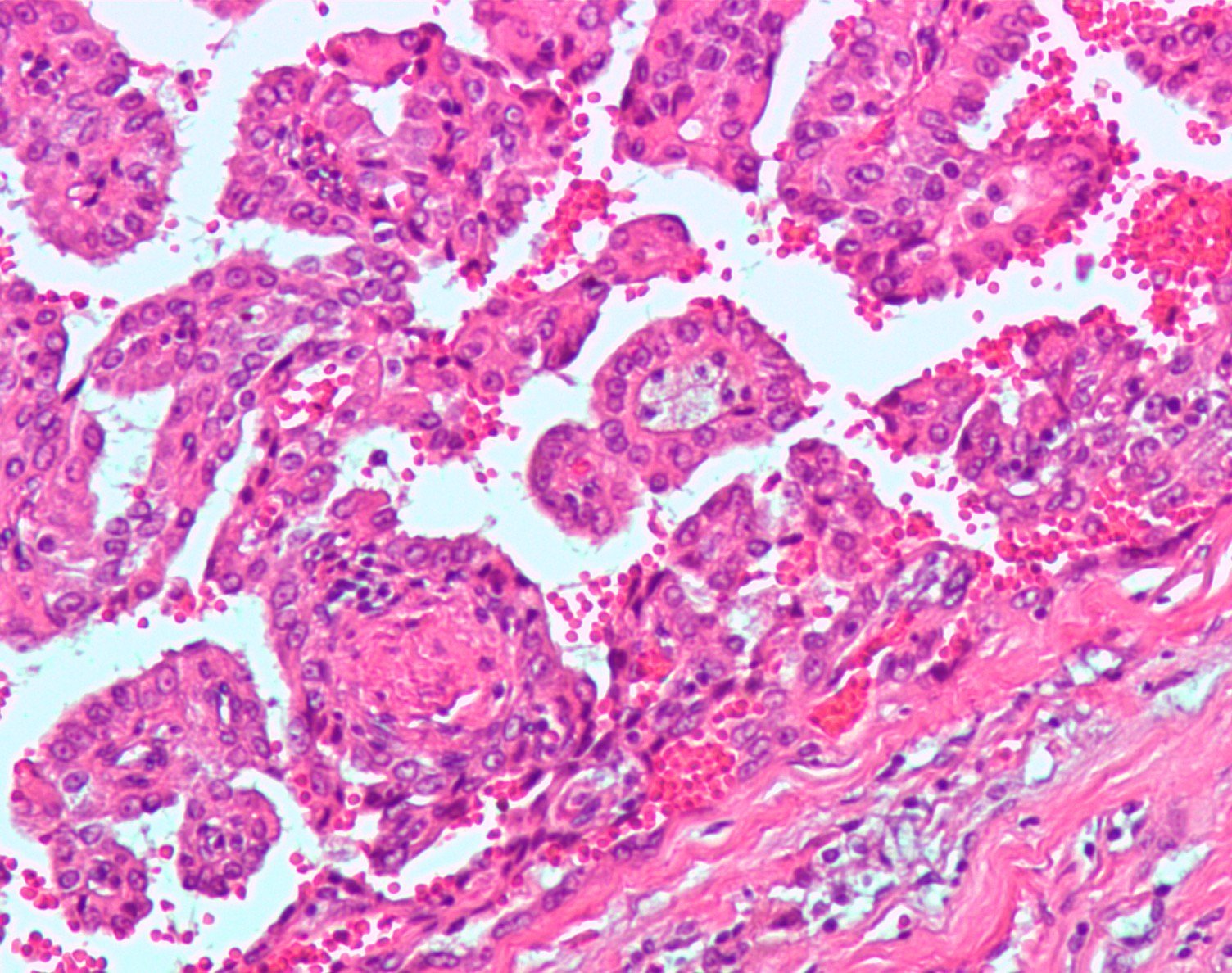by Vittoria D’Alessio
Drugs that activate or block the body’s oxygen-sensing machinery to treat conditions such as anaemia in patients with chronic kidney disease and cancer are being made possible because we now understand the way that cells respond to oxygen deprivation, according to Sir Peter Ratcliffe, one of three winners of this year’s Nobel prize in physiology or medicine.
Sir Peter, director of the Target Discovery Institute at the University of Oxford and director of clinical research at the Francis Crick Institute in London, UK, won the Nobel prize with collaborators Professor William Kaelin of the Dana-Farber Cancer Institute and Professor Gregg Semenza of John Hopkins University, both in the US.
Every cell in our body needs oxygen to function and survive, and thanks to the three researchers, we now know what happens when oxygen levels drop – a state known as hypoxia. When supplies are low, a protein complex called hypoxia inducible factor (HIF) builds up in the body’s oxygen-sensing cells, prompting the body to create new vessels and blood cells. Increased levels of the hormone erythropoietin (EPO) – which stimulates red blood cell production in the bone marrow – has also been identified as a fundamental adaptation to hypoxia.
Along with your collaborators, you have found a mechanism for detecting and responding to low oxygen levels that are present in virtually all our cells. Why is this an important discovery?
It’s important because oxygen is the fuel of metabolism that drives the energy for movement, biosynthesis (the production of complex molecules) and the maintenance of the cell’s structure. So it must be present everywhere and in the right amount. Too little would be fatal and too much would engender oxygen toxicity.
What we have discovered is a controlled process akin to a thermostat that enables the regulation of oxygen levels and responses that adapt the cell to whether those levels are high or low.
‘What we have found out through our simple passion to discover things is the means by which cells sense and respond to low oxygen.’
Sir Peter Ratcliffe, University of Oxford, UK
Pharmaceutical firms are now developing drugs that will either activate or block the body’s oxygen-sensing machinery. A treatment that stimulates red blood cell production is now available in China and Japan to treat anaemia in people with chronic kidney disease. Has this resulted directly from your research?
Yes. And we’re very excited about this. These drugs have been in development for 10 or more years. We are expecting trials of these EPO drugs to declare (end) in Europe and the US very shortly, probably in 2020. Hopefully those (results) will be positive and we can introduce these drugs to kidney patients with anaemia. There’s no doubt about their efficacy. They increase the levels of natural EPO in the body (until now, the hormone was administered externally).
Of course, what we still need to be concerned about is the long-term safety of patients. The drug will go through a probationary period to monitor what happens over a period of years.

One of the applications of your research could be to treat cancer. What stage is this work at?
We have discovered the basic physiological process by which our cells sense, respond to and adapt to different levels of oxygen, which is fundamental to the way our body is organised. This mechanism is disturbed in many – probably most – human diseases. But there are many steps between the research we are doing and an effective drug (for cancer), and there are many, many steps between the development of a drug and learning how to use it in medicine.
How do you anticipate an eventual cancer treatment working?
Like the tissue in the rest of the body, cancer tissue needs to entrain an oxygen supply to grow. It grows vigorously, so the oxygen supply is very important. There is hope of finding mechanisms that would starve the cancer of oxygen and (interrupt) any adaptive mechanisms the tumour would need to grow.
One such drug is showing very promising results for kidney cancer. It’s not yet on the market – they are testing how good and safe it is – but it’s looking very promising. It is based on a very gratifying advance in the understanding of how the body works to regulate its oxygen levels.
What are some of the challenges?
Cancer treatment involves being able to treat the cancer and not the rest of the body, which is always a problem. Biology is complicated – many (cellular) systems talk to each other. In any one condition, you may desire to manipulate part of the system but not the rest. I should caution against the idea that our work will translate directly into the cure of thousands.
What else would it take to develop such a drug?
This is the work of the pharmaceutical industry. Our job is to advise and try to guide them. What we have found out through our simple passion to discover things is the means by which cells sense and respond to low oxygen. We have put knowledge on the table, and we believe it’s secure knowledge. The rest will come from the investment of hundreds of millions.
The interview has been edited for clarity and length.
The research in this article was funded by the EU’s European Research Council. If you liked this article, please consider sharing it on social media.
Originally published on Horizon.

